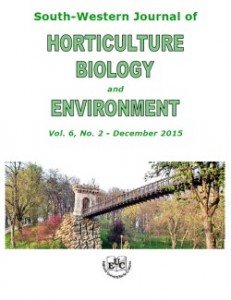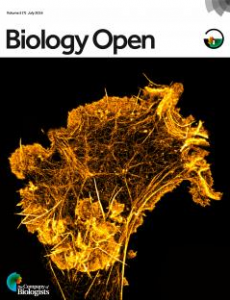 Here’s a strange one: We discovered a paper about an antibiotic-resistant strain of bacteria that bore two retraction notices, and each provided a different reason for retraction. One alleged misconduct; that notice still appears now. The other — which has since disappeared — said the paper was submitted by mistake.
Here’s a strange one: We discovered a paper about an antibiotic-resistant strain of bacteria that bore two retraction notices, and each provided a different reason for retraction. One alleged misconduct; that notice still appears now. The other — which has since disappeared — said the paper was submitted by mistake.
“In vitro effect of boric acid and calcium fructoborate esters against methicillinresistant Staphylococcus aureus strain” was published in the South-Western Journal of Horticulture, Biology and Environment. The full text isn’t available on the journal’s website.
First, here’s the text in the retraction notice that appears when one clicks on the “download full text” link in the table of contents next to the paper: Continue reading A tale of two retraction notices — for the same paper







